
One moment you’re planning your weekend road trip, the next a police officer is standing by your car window. That’s when proof of insurance turns into the most important thing you own. It’s your pass to avoid fines and unnecessary drama. So let’s explore what it is, and when you need to show it.
It’s The Document That Proves You’re Covered

Proof of insurance is an official record confirming a driver’s active coverage. Some states accept a digital copy displayed on a smartphone. In New Hampshire, insurance isn’t compulsory, yet proof is still necessary if coverage exists.
Most States Require It To Drive Legally

In 49 states, carrying proof of auto insurance is a legal requirement for all drivers. Failure to present it when asked can result in steep fines or even suspension of your license. In certain jurisdictions, first-time offenders face penalties reaching $1,500, making compliance essential.
It’s Often Requested After A Traffic Stop
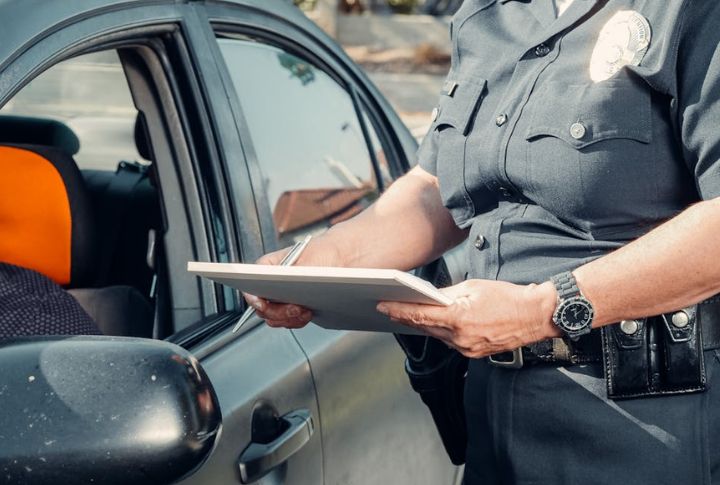
During routine traffic stops, police officers commonly request proof of insurance to verify active coverage. While forgetting the document might not automatically trigger a fine, the outcome depends on local regulations. However, providing false information about having insurance almost always results in serious legal consequences.
You’ll Need It After An Accident—Even A Minor One
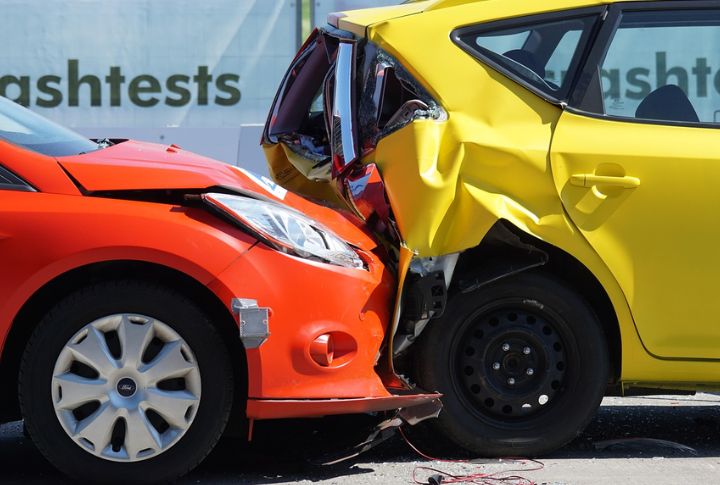
After a collision, proof of insurance must be shown to other drivers and provided when filing a claim. This requirement helps insurers verify coverage and detect fraud, which often surfaces at this stage. In certain states, both drivers face fines if valid proof isn’t exchanged.
It’s Mandatory When Registering A Vehicle
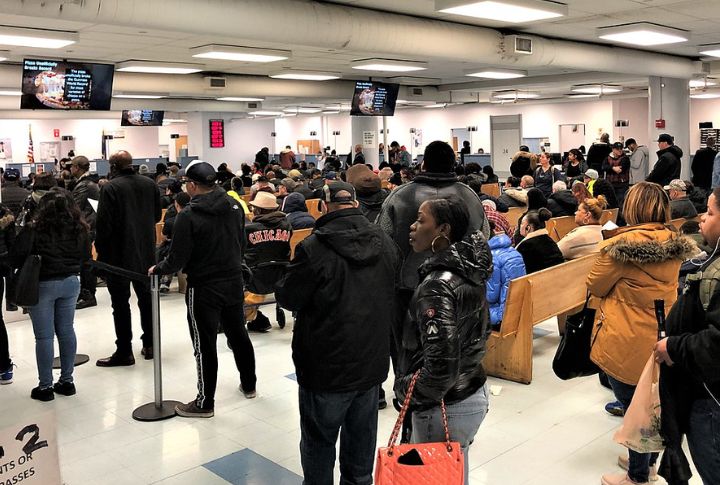
Vehicle registration can’t be completed without valid proof of insurance. Many DMV offices confirm coverage electronically during the process, which reduces paperwork delays. Expired insurance cards are unacceptable and will stop the registration, and they prevent the vehicle from being legally operated on public roads.
Lenders Ask For It If You Finance Or Lease A Car

When a car is financed or leased, the lender needs proof of insurance to protect their financial interest in the vehicle. Failure to provide it can result in the lender adding costly lender-placed insurance, which often offers limited coverage and comes with significantly higher premiums.
It’s Usually Included With Your Policy ID Card

Proof of insurance is automatically provided when an auto policy becomes active, typically alongside the policy ID card. Most insurers now offer instant digital access via mobile apps, while printable copies remain available, eliminating the need to wait for mailed documents.
It’s Also Needed When Transferring Vehicle Ownership

When selling or buying a vehicle—whether through a private party or dealership—states typically require proof of insurance to finalize the ownership transfer. Some states give a short grace period to update the new proof. Others require it immediately before completing the transaction.
It Helps You Avoid Major Penalties
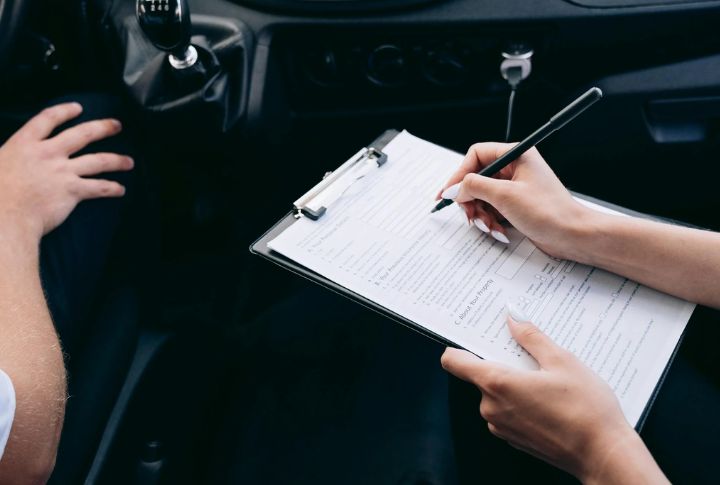
Failing to carry proof of insurance can lead to serious consequences, including fines, points on a driving record, or even vehicle impoundment. In certain states, license suspensions for this violation require reinstatement fees exceeding $500, adding significant cost to the legal repercussions.
Rental Companies Often Require It For Insurance Add-Ons
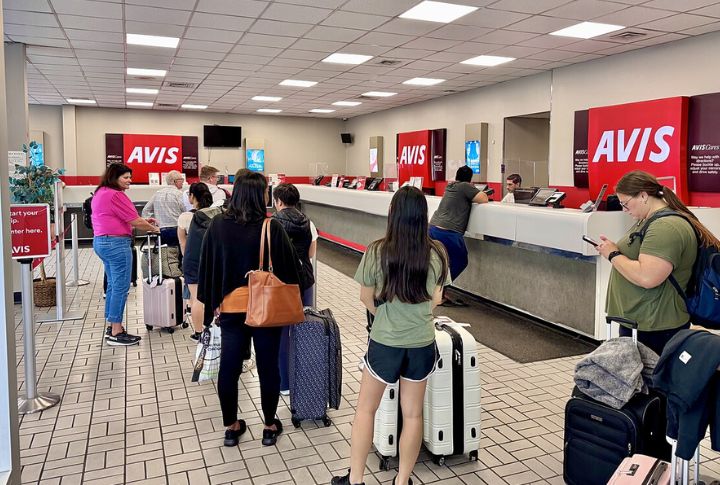
Rental agencies frequently request proof of insurance before offering liability or collision coverage add-ons. This document confirms eligibility for those protections. Some credit card companies also waive the cost of rental insurance if personal auto coverage is verified, which saves renters additional expense.
